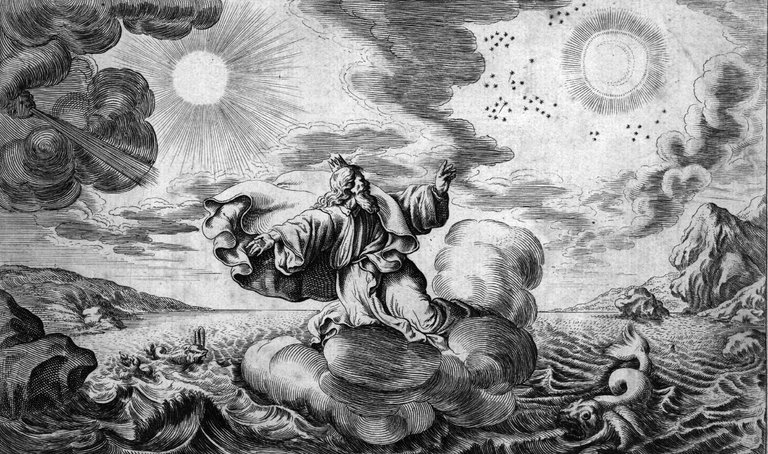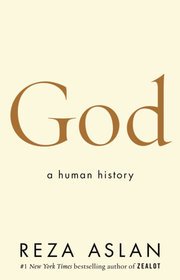Many Thelemites believe that “Deus est homo,” that Divinity is interior as well as exterior to humans’ being. So Reza Aslan’s new book, God: A Human History might be of interest to our sort. The New York Times Book Review ran a review of same stating:
“The idea of the book is fairly simple: Human spirituality can be explained in one cohesive, linear story about our universal desire to see ourselves in God. Aslan is skeptical of religion, which he sees as ‘little more than a “language” made up of symbols and metaphors.’ He’s more interested in ‘the ineffable experience of faith,’ which for him is ‘too expansive to be defined by any one religious tradition.’ While he claims he’s not interested in proving or disproving the existence of God, by the end, his metaphysical commitments become clear. He believes God is universal, present in everyone and everywhere, and no more capable of making moral demands on humanity than any person. ‘The only way I can truly know God is by relying on the only thing I can truly know: myself,’ Aslan writes. It doesn’t matter whether people believe in God or not, he implies. ‘We are, every one of us, God.’
“This mix of humanism and pantheism guides Aslan’s narrative choices. “
Read the entire review here: https://www.nytimes.com/2017/12/19/books/review/reza-aslans-god-a-human-history.html.
If you’ve read the “big blue brick” I think you’ll find a lot of these concepts familiar.


